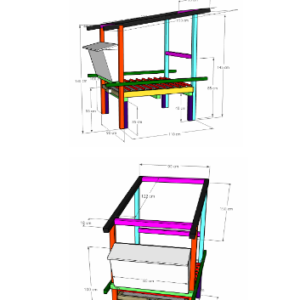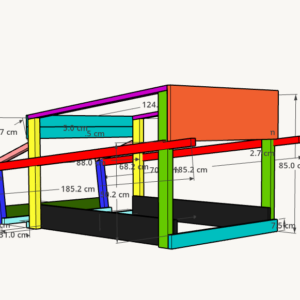Vitamin E deficiency is a nutritional disorder affecting all types of poultry, characterized by various neurological and muscular problems. This essential fat-soluble vitamin plays crucial roles in antioxidant defense, immune function, and cellular membrane integrity.
SYMPTOMS
CAUSES
PREVENTION
TREATMENT
Symptoms
- Weakness in legs
- Reduced swimming ability
- Poor feathering
- Decreased growth rate
- Reproductive failures
Causes
- Primary Causes:
- Inadequate dietary vitamin E
- Rancid feeds
- Poor feed storage
- High polyunsaturated fat diets
- Selenium deficiency
- Oxidative stress
- Contributing Factors:
- Heat stress
- Environmental toxins
- Disease challenges
- Feed processing methods
Prevention
- Dietary Management:
- Adequate vitamin E supplementation
- Proper feed storage
- Fresh feed supply
- Balanced nutrition
- Selenium supplementation
- Management Practices:
- Regular feed analysis
- Quality control measures
- Environmental stress reduction
- Proper storage conditions
Treatment
- Immediate Actions:
- Vitamin E supplementation
- Selenium supplementation if needed
- Diet correction
- Supportive care
Note: Prevention is more effective than treatment, as some neurological damage may be irreversible. Regular monitoring and proper nutrition management are essential for preventing vitamin E deficiency in poultry operations.

